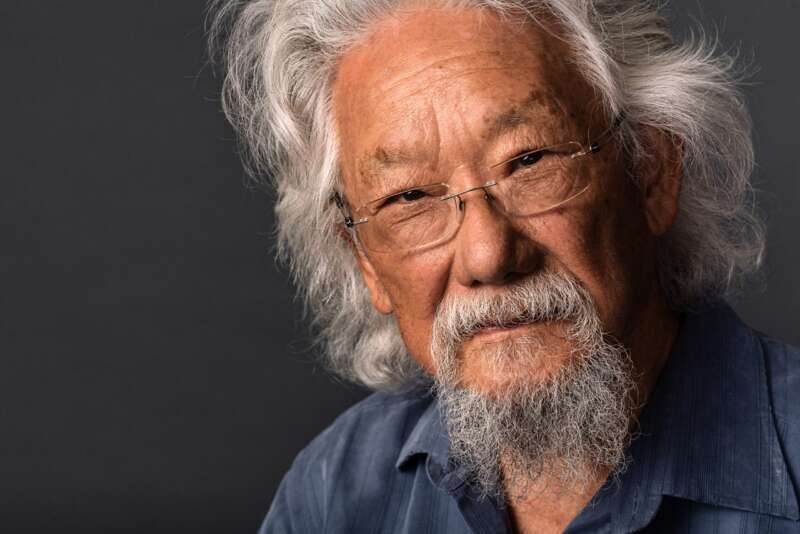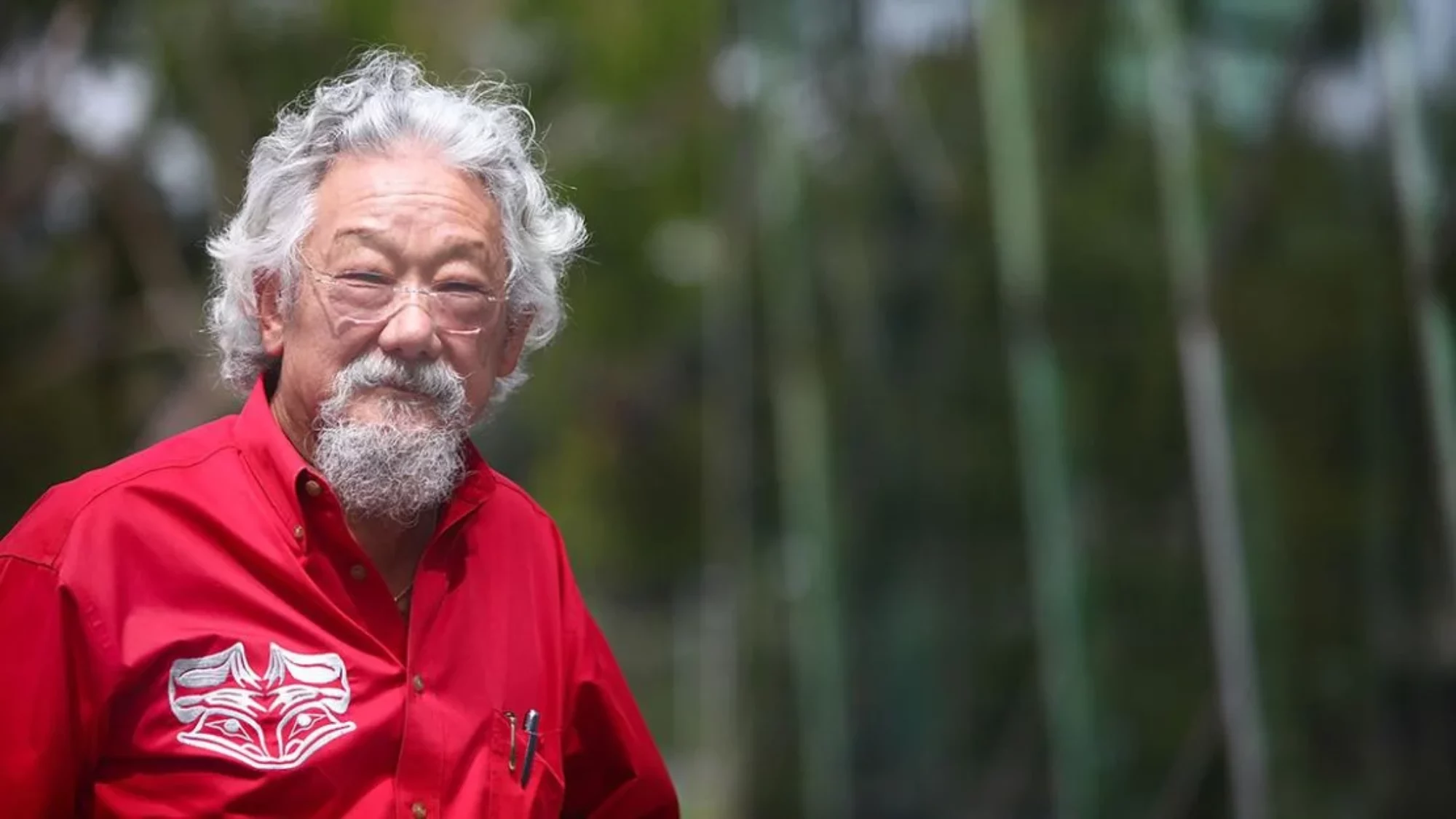In the world of environmental activism, few names resonate as powerfully as that of David Suzuki. For decades, this Canadian scientist, broadcaster, and author has dedicated his life to championing the cause of environmental conservation and sustainability. With a career that spans over half a century, Suzuki’s relentless passion for the planet has made him an iconic figure in the global environmental movement.

Born in Vancouver, Canada, in 1936, David Suzuki’s early years were marked by a deep connection to nature. His Japanese-Canadian upbringing laid the foundation for his lifelong commitment to protecting the natural world. Suzuki’s career took flight as a geneticist, where his pioneering research on fruit flies contributed to our understanding of genetics. However, he soon realized that his scientific knowledge could be a powerful tool for environmental advocacy.
Suzuki’s journey as a communicator and environmentalist began with the creation of the acclaimed television series, “The Nature of Things,” which has been educating and inspiring audiences for over four decades. Through his broadcasts, books, and countless public appearances, he has made complex environmental issues accessible to millions, sparking meaningful conversations about topics such as climate change, biodiversity loss, and sustainable living. His ability to engage and inform has earned him numerous awards and accolades, including the UNESCO Kalinga Prize for the Popularization of Science.
Perhaps David Suzuki’s most enduring legacy is his tireless dedication to environmental education and advocacy. He co-founded the David Suzuki Foundation in 1990, a nonprofit organization that continues to be at the forefront of efforts to protect the planet and promote sustainability. Suzuki’s commitment to intergenerational equity, his advocacy for Indigenous rights, and his unwavering belief in the power of individuals to effect change have inspired countless people to take action for the environment.
*All content was obtained from the David Suzuki Foundation, unless otherwise stated.
Disclaimer: The views and opinions expressed in this interview are those of the interviewees and do not necessarily reflect the views or positions of Public Health Landscape or Valent BioSciences, LLC.
